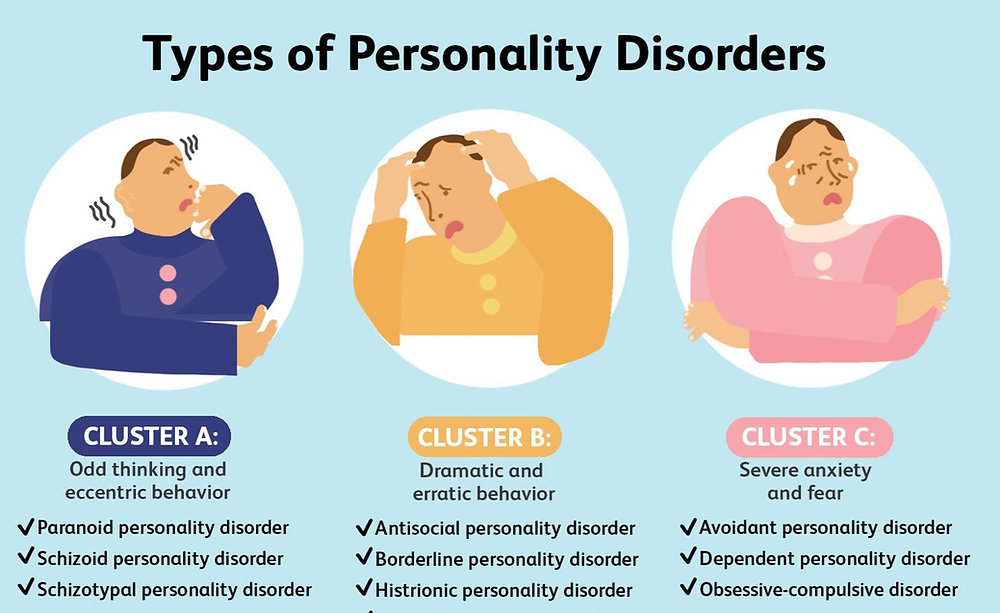Schizotypal personality disorder is a mental health condition characterized by unusual thoughts, perceptions, and behaviors. People with this disorder often have difficulty forming and maintaining relationships, and they may experience significant social isolation.
Symptoms of Schizotypal Personality Disorder
Individuals with schizotypal personality disorder may exhibit the following symptoms:
- Eccentric Behavior: Unusual or peculiar thoughts, beliefs, or behaviors.
- Cognitive or Perceptual Distortions: Odd beliefs or magical thinking, such as belief in clairvoyance or telepathy.
- Unusual Perceptions: Distorted perceptions of sensory experiences, such as feeling that certain objects or people have special meaning.
- Suspiciousness and Paranoia: A tendency to be suspicious of others and believe that they are being harmed or deceived.
- Inappropriate Affect: Difficulty expressing emotions appropriately, often appearing aloof or cold.
- Odd or Eccentric Behavior: Unusual mannerisms, dress, or speech patterns.
- Lack of Close Friends or Confidants: Difficulty forming and maintaining relationships.
- Excessive Social Anxiety: Discomfort in social situations, particularly with strangers.
- Odd or Eccentric Thinking: Unusual or bizarre thoughts and beliefs.
Causes of Schizotypal Personality Disorder
The exact causes of schizotypal personality disorder are not fully understood. However, genetic and environmental factors may play a role. Some research suggests that it may be related to a milder form of schizophrenia.
Treatment of Schizotypal Personality Disorder
Treatment for schizotypal personality disorder typically involves psychotherapy, particularly cognitive-behavioral therapy (CBT). CBT can help individuals develop coping skills, challenge negative thoughts, and improve social skills. Medication, such as antipsychotic medications, may be used to manage specific symptoms, like anxiety or paranoia.
While schizotypal personality disorder can be challenging to manage, with appropriate treatment and support, individuals can learn to cope with their symptoms and improve their quality of life.



